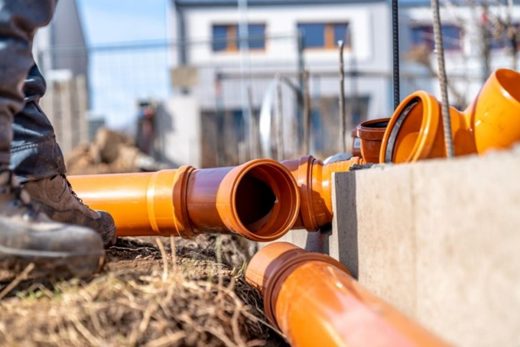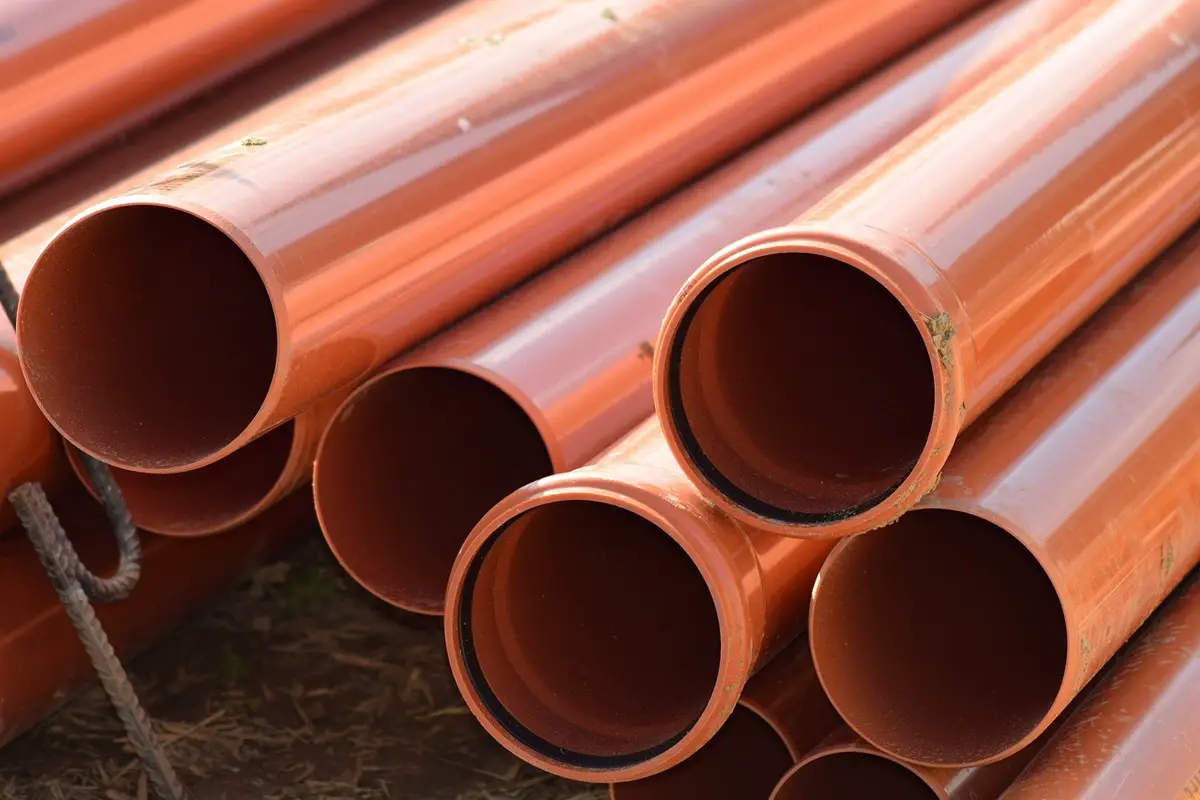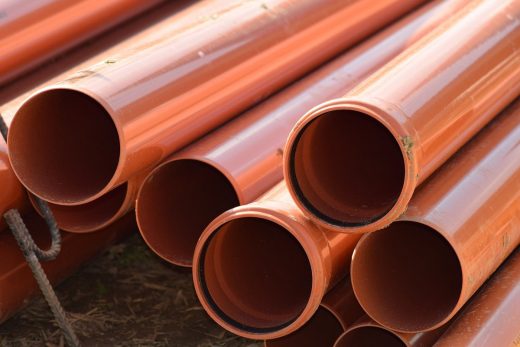Modern sewer systems eco-friendly advances, Waste pipes rehabilitation services, Combined Heat and Power CHP
Eco-Friendly Advances in Modern Sewer Systems
3 August 2024
Introduction to Modern Sewer Systems
In recent years, the importance of eco-friendly urban infrastructure has gained momentum. A vital component of this push is the development of modern sewer systems, which ensure efficient waste management and offer several environmental benefits.
The transition to modern sewer systems emphasizes eco-friendly practices and technological advancements that safeguard our natural resources. These systems are designed to efficiently manage sewage, reduce pollution, and convert waste into usable energy. Beyond the apparent utility management, these modern setups showcase a multi-faceted approach to handling urban waste that aligns with global sustainability goals.
Reducing Water Pollution
Traditional sewer systems often struggle with overflow, leading to the contamination of natural water bodies. Overflows can occur during heavy rains or due to blockages, creating a direct pathway for untreated waste to enter natural water sources. By utilizing sewer rehabilitation services, cities can upgrade their outdated infrastructure to these advanced systems, fostering a more sustainable future. Modern sewer systems incorporate advanced water treatment technologies that drastically reduce the discharge of harmful pollutants into lakes, rivers, and oceans. For instance, Biofiltration systems have proven effective in trapping pollutants before they reach the environment. These systems use natural processes involving plants and soil microbes to filter and break down contaminants, ensuring that only clean water is released.
Moreover, modern treatment plants incorporate multiple filtration and chemical treatment stages, which can remove heavy metals, pharmaceuticals, and other difficult-to-treat substances from the wastewater. This comprehensive approach preserves water quality and supports aquatic ecosystems and biodiversity by maintaining safer habitats for marine and freshwater species.
Enhancing Wastewater Recycling
One of the standout features of contemporary sewer systems is their ability to recycle wastewater effectively. By treating and purifying sewage water, these systems can repurpose it for agricultural and industrial use, significantly reducing the strain on freshwater resources. In regions facing water scarcity, this ability is particularly critical. Additionally, advancements in membrane bioreactors have enabled higher levels of water purity, making recycled water safe for various applications, including potentially safe for reuse in potable water systems in dire situations.
Recycled water from advanced sewer systems can support irrigation in agriculture, helping to ensure food security without depleting natural water reservoirs. In industrial contexts, treated water can be reused in processes such as cooling and washing, which typically require large quantities of water. This multi-purpose reuse of treated wastewater underscores the versatility of modern sewer technologies in addressing multiple water-related challenges.
Minimizing Greenhouse Gas Emissions
Sewer systems have traditionally been significant sources of methane, a potent greenhouse gas. Produced in the breakdown of organic materials without oxygen, methane can have a major effect on the Earth’s climate if not managed correctly. Modern systems, however, are designed to capture and convert methane into energy, thereby reducing greenhouse gas emissions. This procedure reduces harmful emissions and offers a renewable energy source, aiding in creating a more sustainable energy grid.
For example, many treatment facilities now employ anaerobic digesters that break down sewage sludge to produce biogas composed mainly of methane. This biogas can be captured and used to generate electricity or heat, reducing reliance on fossil fuels. Additionally, integrating Combined Heat and Power (CHP) systems into treatment plants can further maximize energy recovery and efficiency, illustrating a forward-thinking approach to waste management.
Supporting Sustainable Urban Development
As cities expand, the need for sustainable infrastructure becomes crucial. Modern sewer systems play a vital role in supporting urban development by efficiently managing waste, thus preventing the contamination of urban environments. These systems also facilitate the development of green spaces and water bodies within cities, promoting biodiversity and improving urban living conditions.
Urban planning incorporating advanced sewer systems can reduce pollution hotspots and improve overall air and water quality, leading to healthier communities. Furthermore, green infrastructure such as rain gardens and permeable pavements can be integrated with modern sewer systems to manage stormwater more effectively, reducing the burden on sewer networks during heavy rainfall and preventing urban flooding.
Promoting Public Health
Efficient waste management is essential for public health. Modern sewer technologies help prevent the spread of waterborne diseases by ensuring that sewage is treated adequately before being released into the environment. This reduces the risk of contamination and protects communities from potential health hazards.
Properly managed sewer systems mitigate the risk of outbreaks of diseases such as cholera, typhoid, and hepatitis, which are linked to the presence of pathogenic organisms in untreated sewage. By removing these pathogens through advanced treatment processes, modern sewer systems contribute to the overall well-being of urban populations, safeguarding immediate health and reducing long-term healthcare costs associated with treating such illnesses.
Increased System Resilience
Contemporary sewer systems are designed to be more resilient against natural disasters and extreme weather events. By incorporating flexible and adaptive technologies, these systems can withstand floods, earthquakes, and other environmental challenges, ensuring consistent and reliable waste management services.
For instance, newer sewer designs often include backflow preventers, erosion control structures, and flexible joints that absorb ground movements during earthquakes. Additionally, the integration of intelligent monitoring systems allows for real-time tracking and management of sewer networks, enabling rapid response and minimizing service disruptions during emergencies.
Future Innovations in Sewer Systems
The field of wastewater management is constantly evolving, with new technologies and methodologies being developed to enhance sewer systems’ efficiency and environmental impact. From intelligent monitoring systems that optimize waste treatment processes to advanced filtration technologies, the future of sewer systems looks promising for the environment and urban communities.
Emerging innovations include using AI and machine learning to predict and manage sewer system loads, nanotechnology for improved filtration, and developing decentralized treatment systems that can operate efficiently at a local level, reducing the need for extensive and often vulnerable centralized networks.
To sum up, contemporary sewage systems provide numerous environmental advantages, including decreasing water contamination and preserving resources, while also helping to lower greenhouse gas emissions and promote sustainable urban growth. Continuing to invest in and improve these systems can help us create a more environmentally friendly future.
Comments on this guide to Modern sewer systems eco-friendly advances article are welcome.
Sewers
Sewer System Posts
The basics of sewer installation

Understanding the sewerage system
Hiring plumbing service for sewer repairs
Know about sewer odor in buildings
Architects and Architecture
Architects and Architecture by Type – architectural selection below:
Comments / photos for the Modern sewer systems eco-friendly advances advice page welcome.






